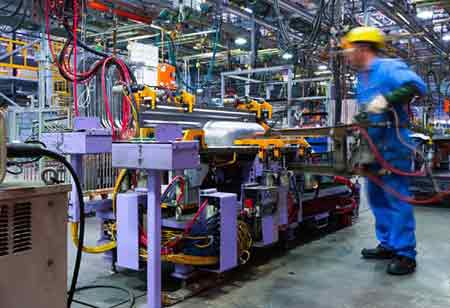

Thank you for Subscribing to Chemical Industry Review Weekly Brief

With over 20 years of experience working for start-up brands in need of contract manufacturing all the way up to well-established big players like Estee Lauder and Crown Laboratories, who have their own manufacturing capabilities, your manufacturing partner can be the most important part of bringing products to the market.
With all the small new indie brands out there and the trend of being cleaner and greener, the manufacturing industry needs to adjust accordingly to meet the needs of brands and consumers. Brands should look for manufacturing partners that will grow with them and are the right fit throughout the lifecycle of the brand. These are the things that I looked at when starting up Skinfix back in 2012: Location – Trying to keep manufacturing local to where the brand is stationed is important. You want to be able to be on-site as much as possible to get projects moving. If you are on the East Coast and the CM is on the West, it’s hard to oversee and keep things in check. What is the capacity of the manufacturing facility? You want to know the lowest batch size (typically 5K) vs. the largest batch that can be made. If a product goes viral or you sell at a retailer like Costco, having access to large kettles is important. Do they have in-house formulators? If you want to start a line from scratch, do they have chemists that can work with you? How do they handle formula ownership? Typically, it’s a per-product cost, or you can negotiate a volume buyout. If you buy a certain amount of the product annually for x number of years, the formula will be yours. The CMs put this in place to protect their investment of R&D time and resources. They don’t want to develop a formula for you, and then you turn around and go to another factory. If you have your own formulas, how do they handle the tech transfer process? What are the assembly and automation capabilities? The more that can be automated, the better the cost of goods will be. Equipment – is it modern? Do they look like they are investing in the kettles and filling lines? How many do they have? If you are a small brand, you don’t want to get bumped too many times from production schedules because bigger clients take preference.Always inspect and tour the facility in person. Meet with the project management team that will handle making your product
I agree We use cookies on this website to enhance your user experience. By clicking any link on this page you are giving your consent for us to set cookies. More info

However, if you would like to share the information in this article, you may use the link below:
https://www.chemicalindustryrevieweurope.com/cxoinsight/francine-krenicki-nwid-472.html